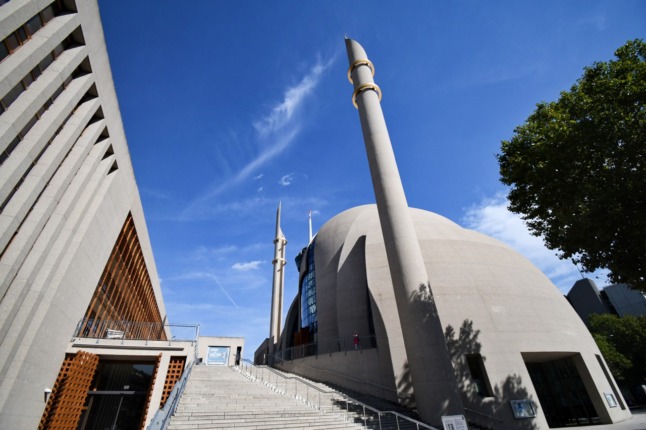The publication Charlie Hedbo also said the issue that comes out on Wednesday will be re-named “Sharia Hedbo” after senior transitional Libyan leader Mustafa Abdel Jalil said that Islamic sharia law will be the basis of legislation under the country’s new regime.
“To fittingly celebrate the victory of the Islamist Ennahda party in Tunisia … Charlie Hedbo has asked Muhammad to be the special editor-in-chief of its next issue”, the magazine said in a statement.
“The prophet of Islam didn’t have to be asked twice and we thank him for it,” the statement said.
The publication’s editor in chief and cartoonist Charb told AFP that “We don’t feel like causing further provocation. We simply feel like doing our job as usual. The only difference this week is that Muhammad is on the cover and it’s pretty rare to put him on the cover.”
Tunisia’s Ennahda won the most seats in the country’s October 23rd elections and is now trying to form a coalition caretaker government.
The Islamist party has vowed to work with Tunisia’s more liberal parties, and respect the country’s progressive approach to gender equality.
Danish cartoonist Kurt Westergaard who in 2005 drew 12 images of the prophet that appeared in the Danish daily Jyllands-Posten has been targeted by Islamists groups, who deemed the images offensive.
Westergaard has also been the victim of a murder attempt and numerous death threats.


 Please whitelist us to continue reading.
Please whitelist us to continue reading.